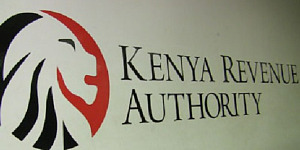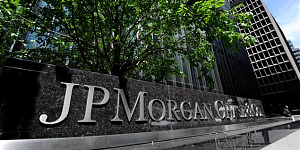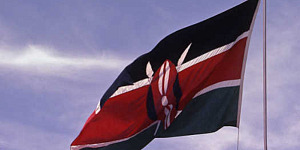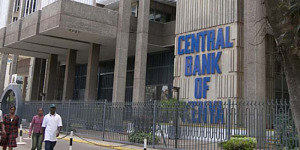Kenya's central bank left its policy rate steady for the 7th time, confirming it still expects the economy to rebound strongly this year while inflation remains well anchored and is forecast to remain within the bank's target range in the near term.
The Central Bank of Kenya (CBK) kept its Central Bank Rate (CBR) at 7.0 percent, unchanged since April 2020 when it was cut for the third time in response to the impact of the COVID-19 pandemic.
Since May 2016, when CBK began easing its policy stance, the key rate has been lowered eight times and by a total of 450 basis points, including three cuts in 2020 totaling 150 points in 2020.
In addition to rate cuts, the central bank rolled out a number of emergency measures to mitigate the adverse impact of the pandemic and provide liquidity to the banking sector and CBK said one year on, it assessed the measures to have been "highly effective in providing the intended relief to borrowers."
Measures to help borrowers restructure loans expired on March 2, 2021 and during the last year 1.7 trillion shilling of loans - or 57 percent of total gross loans - was restructured, while the lowering of the cash reserve ratio had injected 32.8 billion shilling to support lending.
"The economy is expected to rebound strongly in 2021," CBK said, adding this would be supported by a recovery in the services sector, particularly education, wholesale and retail trade.
In the third quarter of last year, Kenya's economy shrank 1.1 percent year-on-year after shrinking 5.5 percent in the second quarter.
Four recent surveys by the central bank of the private sector, including hotels and flower farms, revealed optimism about the growth prospects for this year but respondents were also concerned about the uncertainty related to the pandemic and the increased cost of inputs.
Exports from Kenya, such as tea and horticulture, rose 8.1 percent and 3.4 percent respectively in the 12 months to February from the same 2020 period, and CBK projects exports will improve due to global vaccinations that are expected to ease virus-related restrictions, while Kenya's new trade arrangement with the U.K. is a welcome development to support trade.
Remittances have also risen, and were 11.4 percent higher in the 12 months to February, while growth in private sector credit rose 9.7 percent in the same period, and foreign exchange reserves declined to US$7.348 billion from $7.686 billion in January but still enough for 4.5 months of import cover and to act as a buffer against short-term shocks in the foreign exchange market.
Kenya's inflation rose to 5.8 percent in February from 5.7 percent in January but CBK expects it to remain within its target range of 5.0 percent, plus/minus 2.5 percentage points, in the short term, supported by lower food prices and muted demand pressures.
It added the rise in fuel prices is only expected to have a moderate impact on overall inflation.







































